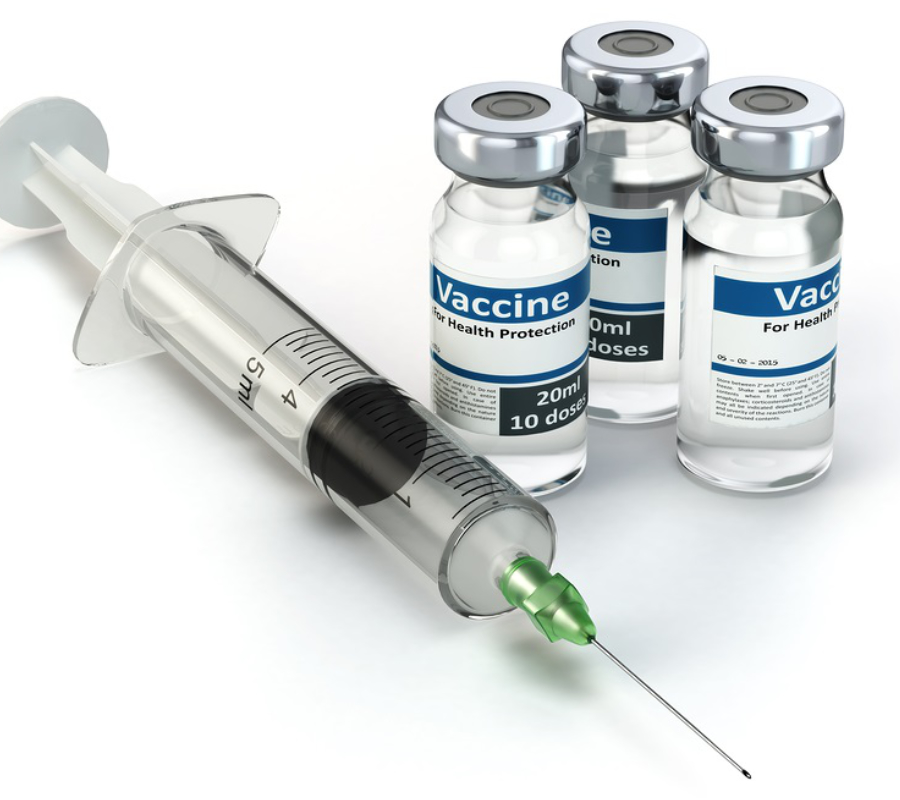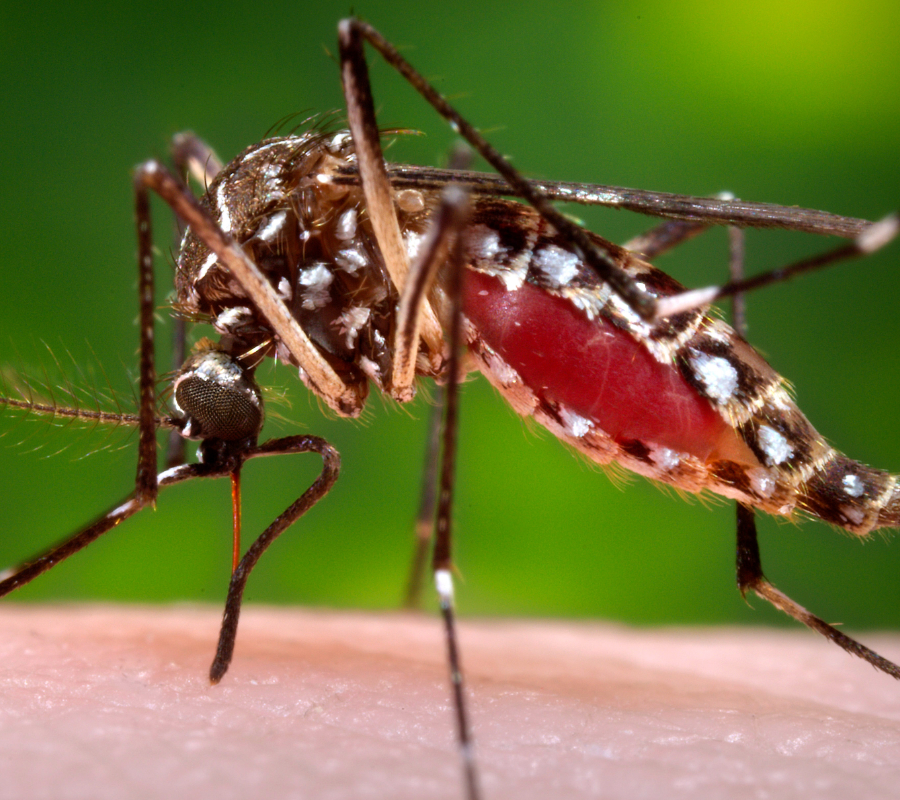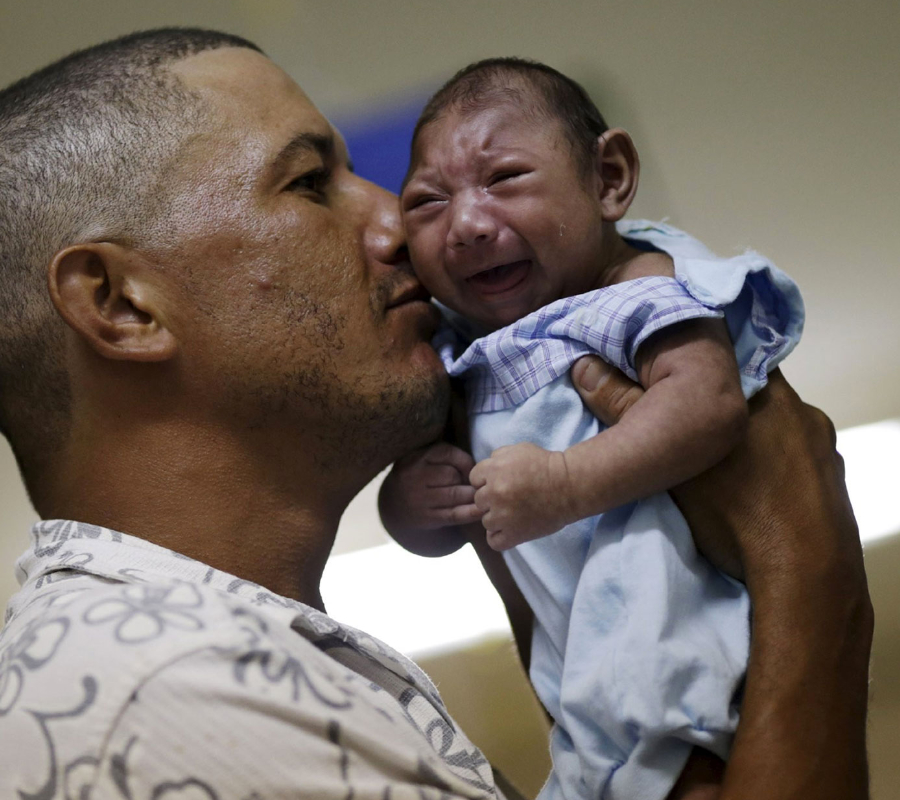Ever since the first cases of locally transmitted Zika appeared in Florida, efforts have been made to curb the spread of the disease. Scientists are already developing a vaccine but research has been affected due to financial troubles.
Zika research is running low on funds. Last week, in a desperate attempt, the Congress transferred $80 million from the Ebola research fund to the Zika research fund, but there’s still need for more money. The director of the National Institute of Allergy and Infectious Diseases (NIAID), Dr. Anthony Fauci, stated last Thursday that research on candidates for testing the Zika vaccine would have to be delayed.

How the lack of funding will affect the vaccine’s creation
The Health and Human Services Secretary Sylvia Burwell sent a letter to Congress authorizing the transfer of $34 million for Zika research, from other National Institutes of Health (NIH) agencies. At least another $196 million are necessary to keep the research going.
Dr. Fauci notes that getting money from other NIH agencies isn’t optimal since the agencies also need research funds. The additional cash authorized by the secretary goes for the preparation of phase II trials for one of the vaccine candidates. The still missing money would be used to test four other vaccine candidates.

The Congress’ musings
Right now, the Congress is on recess until Labor Day. However, there’s been a push for it to end its recess before and provide additional funding for Zika research. Earlier in June, the Congress failed to agree in the handling of the funding for Zika research.
Neither the requested $1.8 billion nor the alternative $1.1 billion bills came to pass, to the dismay of mosquito and health experts, along with the health departments fighting against further spreadings of the disease.
While this unfortunate predicament drags on, the efforts to curb the spread of the disease intensify across the country, as the amount of locally infected people in Miami-Dade County sits at thirty.

The fear of Zika spreading through the country increases
Health departments are currently preparing in case their respective states get a local outbreak. Among their efforts are launching various public awareness campaigns. States are also expanding mosquito control programs, educational programs, and medical surveillance.
David W. Severson, a biology professor and mosquito genetics expert of the University of Notre Dame, notes that although health department surveillance can be costly, it’s cheaper in the long run than having to deal with lots of infected individuals.
Zika in Texas: A child born with microcephaly is related to the infectious disease
Even before the Miami outbreak, the health department of the Phoenix area in Arizona had sprung into action, taking as many preventive measures as possible such as putting traps to monitor the local mosquito population. Phoenix has also sent insecticide spraying trucks between 3 and 4 a.m. to reduce the mosquito population without impacting on the locals too harshly.
Source: The Wall Street Journal
